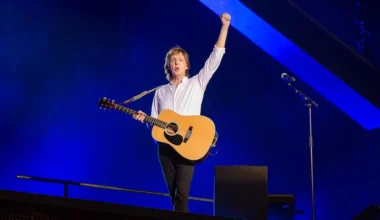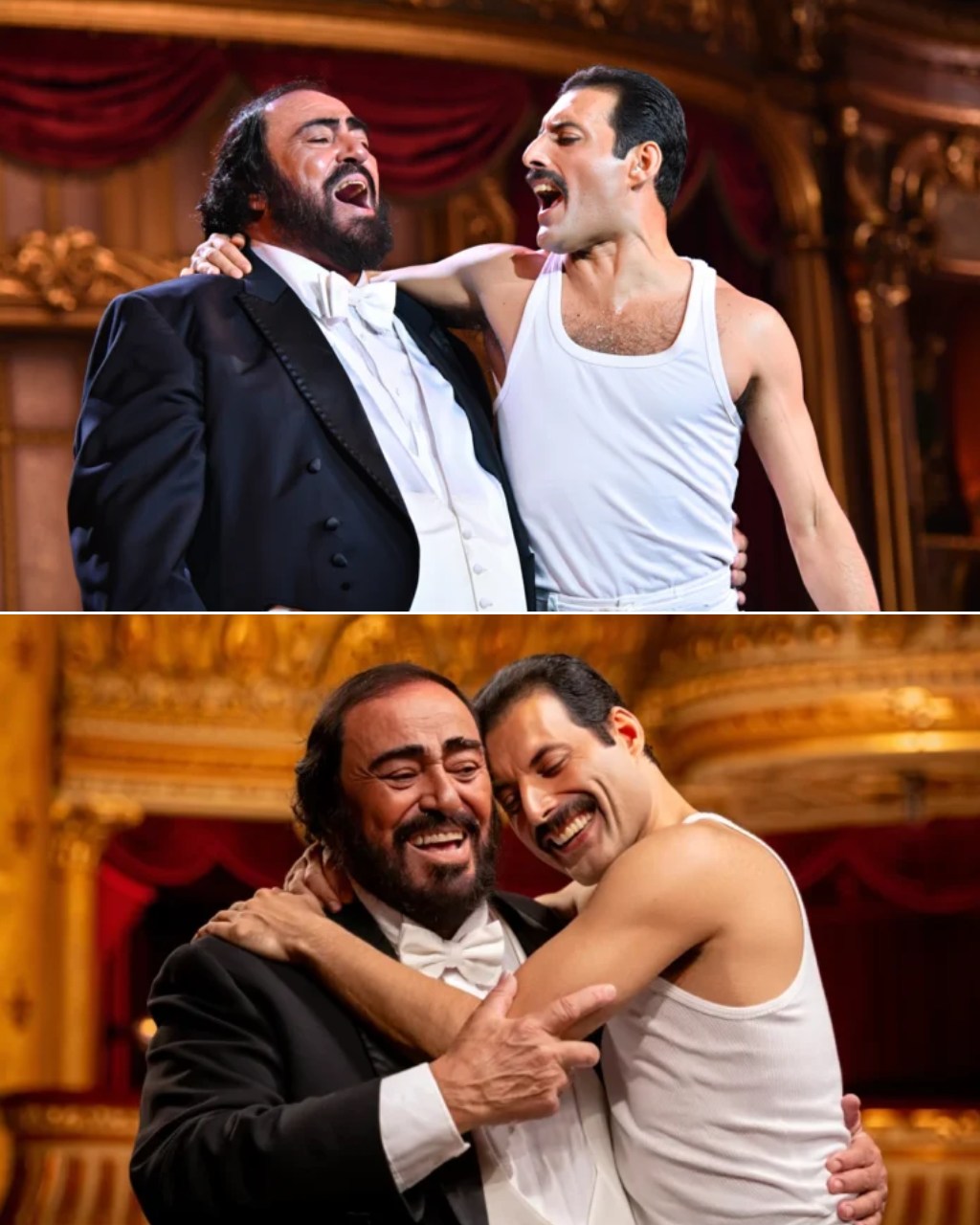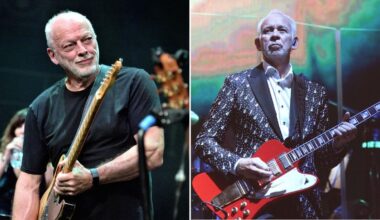Recently, after more than four decades, Neil brought back “My Boy”—written in 1983—as the centerpiece of a benefit concert at Lakefield College School in Ontario. Accompanied by a banjo and harmonica, he asked:
“Why are you growin’ up so fast / My boy? / Oh, you’d better take your time…”
This is no casual lyric—it’s a father’s plea, a bittersweet recognition of the relentless passage of time, and an anxious wish to hold on. Neil himself named it “probably the most soulful recording I have ever made”
And after all these years, when he dusted it off, he shared with fans:
“I was playing ‘My Boy,’ thinking about my own dad… My dad was a great guy and Zeke is a wonderful son.”
It’s a multigenerational embrace—Neil honoring his father, caring for his son, and gifted all of us with this vulnerable reflection.
Zeke and Ben: Sons Who Inspired Song and Soul

Zeke, born in 1972 to Neil and actress Carrie Snodgress, was diagnosed with mild cerebral palsy early on. His struggle walking and writing braces led to childhood challenges—but also forged a bond between father and son.
Ben, born in 1978 to Neil and Pegi Young, faced more severe cerebral palsy. His condition led to the creation of The Bridge School, which Neil and Pegi founded to support children with disabilities.
These profound experiences shaped Neil’s worldview—and his music. He shared:
“Becoming a father to two children with special needs changed my priorities. I became much more involved in family… If I come up against something that’s hard to deal with, I can handle it.”
The early ’80s album Trans emerged from Neil’s daily effort helping Ben with therapies involving digital devices. Its vocoder-altered voice was more than a stylistic leap—it was an emotional bridge, reflecting the frustration of trying—and sometimes failing—to communicate with his son
Earlier, “New Mama”, from Tonight’s the Night, was born in the same period when Zeke entered the world. A sparse, poignant lullaby, it tenderly acknowledges the hope and pain of becoming a parent to a child with disabilities.
Why It Moves Us
Neil Young is often celebrated for his boldness—stripped-down acoustic folk, roaring Crazy Horse rockers, or warped electronic experiments. But it’s his confessional, unguarded songs about his sons that cut deepest. Through melody, he confronts time slipping by, the challenge of connection, and the fierce, tender love that binds parent to child.

When he sang “My Boy” again, now as a grandfather maybe, he didn’t just revive a song—he reaffirmed a lifelong journey: reflecting on his father’s legacy, protecting his sons’ dignity, and acknowledging how love demands everything, shapes us, and ultimately gives us meaning.
Neil’s music—his sonic autobiography—reveals that true art often arises from love and its sacrifices. Whether you’re a parent, a child, or someone learning about unconditional care, these songs speak to the universal longing to protect, understand, and hold on.
In Neil Young’s world, the technical becomes personal, the personal becomes musical, and the music becomes timeless. That’s the gift of “My Boy”: not just a song, but a testament.





